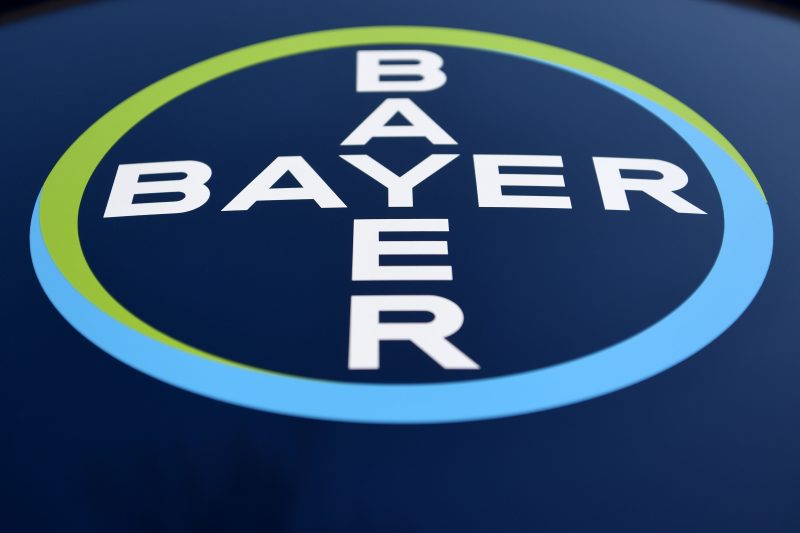Bayer confident for 2019 despite plunging profits
Taking over seeds and pesticides maker Monsanto slump weighed on German chemicals and pharmaceuticals giant Bayer’s bottom line last year (Patrik STOLLARZ)
Frankfurt am Main (AFP) – German chemicals and pharmaceuticals giant Bayer on Wednesday reported plunging profits for 2018, the year of its $63 billion mega-merger with US agrichemical firm Monsanto, blaming one-off effects and saying it was confident of meeting growth targets this year.
Net profit at the Leverkusen-based group tumbled 76.9 percent, to 1.7 billion euros ($1.9 billion).
The slump was partly down to a one-off 2017 windfall from selling shares in former polymers division Covestro, while financing costs for taking over seeds and pesticides maker Monsanto weighed on the bottom line last year.
Operating, or underlying profit before special items at Bayer grew 2.8 percent, to 9.5 billion euros, although revenues added 4.5 percent to reach 39.6 billion, adjusting for price and currency effects.
The group had to sell off part of its existing seeds and pesticides businesses to rival BASF to get the Monsanto deal past competition authorities, bringing in 4.1 billion euros.
But costs for special items at the group rose from 1.2 billion euros in 2017 to 2.6 billion last year.
And charges linked to the Monsanto takeover weighed in at 2.0 billion euros, while depreciations cost 3.3 billion.
Looking ahead to this year, Bayer said it was confident of reaching its target of 46 billion euros in sales — around four percent higher than 2018 — and lifting operating profit before special items to 12.2 billion.
The group also plans to divest its animal health division, sell off two major brands — Coppertone and Dr. Scholl’s — from its over-the-counter medicines unit, and sell its stake in Currenta, the spin-off German firm that operates its former chemical parks.
On the negative side of the outlook, Bayer now says it has 11,200 lawsuits pending in the US over health problems, especially cancer, allegedly caused by Monsanto’s glyphosate herbicide.
A state jury in California handed a mammoth award of almost $290 million last year to a school groundskeeper, Dewayne Johnson, who said his non-Hodgkin’s lymphoma was caused by years of using glyphosate-containing Roundup, although the judge later reduced the amount to $78 million and Bayer plans to appeal to higher courts.
On Monday, a similar case became the first to open in US federal court over the chemical, with Bayer insisting the weight of scientific evidence is behind glyphosate being safe.
The group “will continue to vigorously defend this important and safe herbicide,” chief executive Werner Baumann said.
Disclaimer: This story is published from a syndicated feed. Siliconeer does not assume any liability for the above story. Validity of the above story is for 7 Days from original date of publishing. Content copyright AFP.


